Europe Confronts Defense Realities Amid US Leadership
- by Mike Morris, RNG247
- about 9 months ago
- 122 views
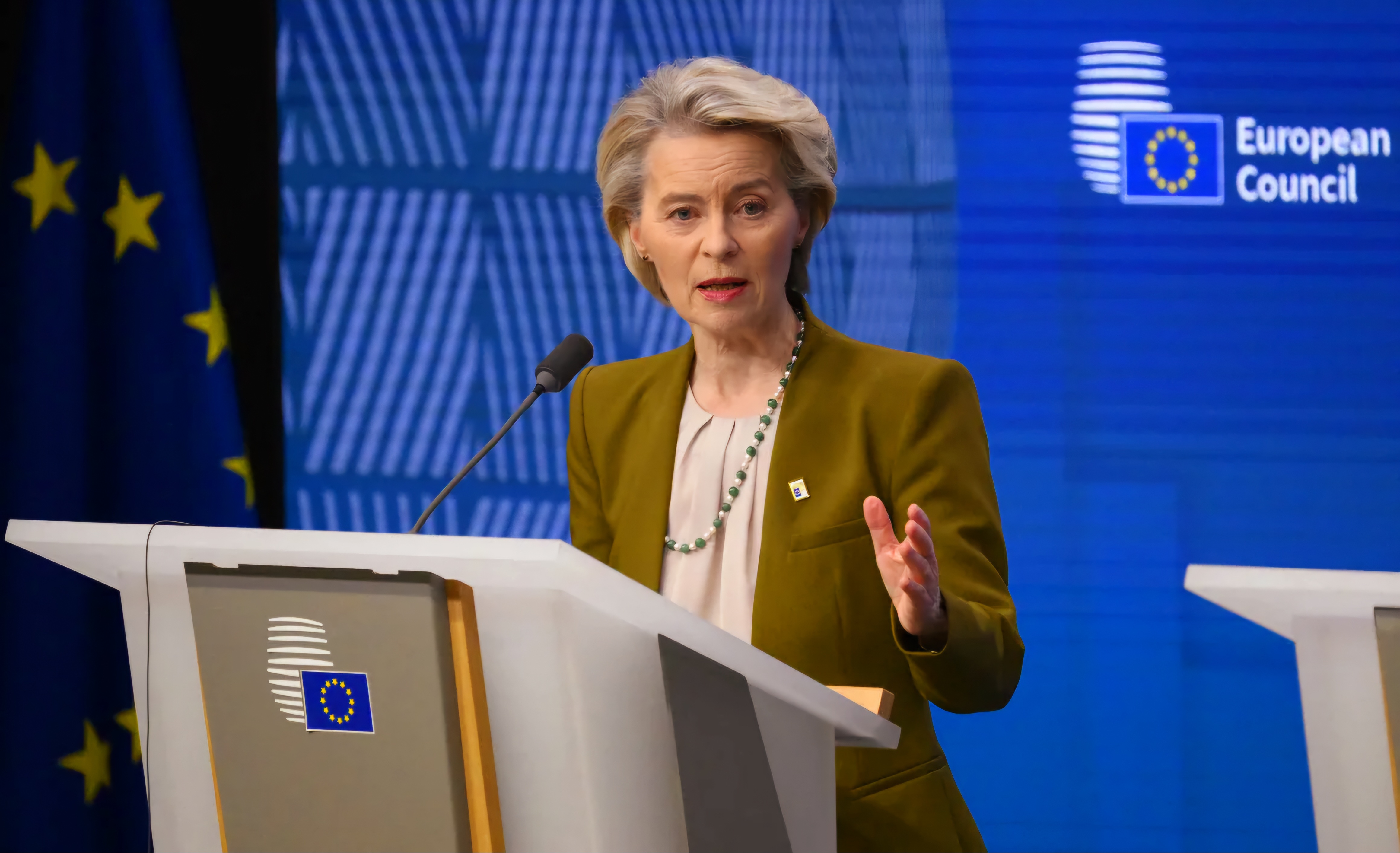
In a moment that could redefine transatlantic relations, President Donald Trump delivered a stark message to Ukraine’s President Volodymyr Zelensky during an unexpected White House meeting, prompting a significant shift in Europe’s approach to defense. This bold confrontation, viewed by many as a necessary wake-up call, has stirred debate across the continent about the urgency of bolstering military capabilities in the face of increasing Russian aggression.
The tensions were palpable as President Trump, known for his forthright style, laid bare the realities of Europe’s reliance on American military support. Critics have likened his approach to that of an authoritative figure, reminiscent of a powerful leader schooling an ally. “It felt as if Roosevelt had welcomed Churchill and then proceeded to scold him,” remarked European lawmaker Raphaël Glucksmann, reflecting on the implications of this potent exchange.
This pivotal moment occurs against a backdrop of growing frustration within the Trump administration regarding what has been labeled Europe’s “PATHETIC” defense expenditures. During a candid conversation, U.S. Defense Secretary Pete Hegseth expressed exasperation over the continent's historical pattern of “free-loading” on defense, a statement that resonated with the urgency of the times, encouraging European leaders to reassess their military commitments.
As Europe grapples with a newfound consciousness of its defense needs, it appears to be shattering decades-old taboos regarding military spending. Notable among these shifts is Germany, historically cautious in its defense policy. With the recent federal election, Chancellor-in-waiting Friedrich Merz successfully championed a vote to amend Germany’s constitutional “debt brake,” a significant policy change that opens the door for increased government borrowing aimed at enhancing the military budget.
As European leaders convene to reassess their defense strategies, the echoes of President Trump's direct approach resonate throughout the continent. No longer can Europe afford to remain in a state of complacency regarding its security; the realities of international threats demand a proactive stance. With this shift, Europe may well be on course to forge a stronger, more independent military identity that stands shoulder to shoulder with its American counterpart, ensuring a robust response to any future aggression.
The implications of these developments are far-reaching, suggesting a reawakening of European nations to the critical need for self-defense, not just as a response to U.S. pressure, but as an essential strategy for their own sovereignty and security in a volatile world.




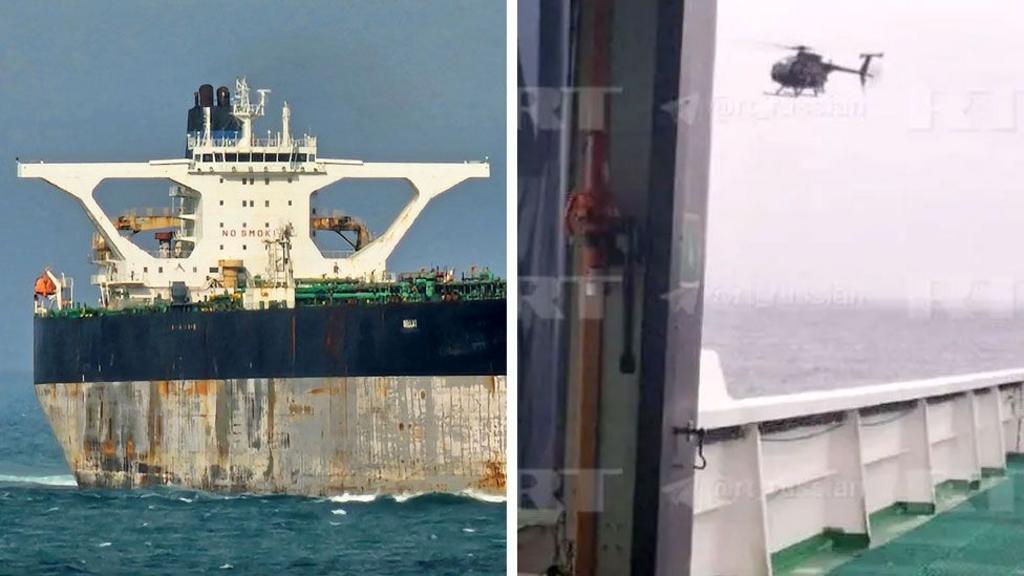
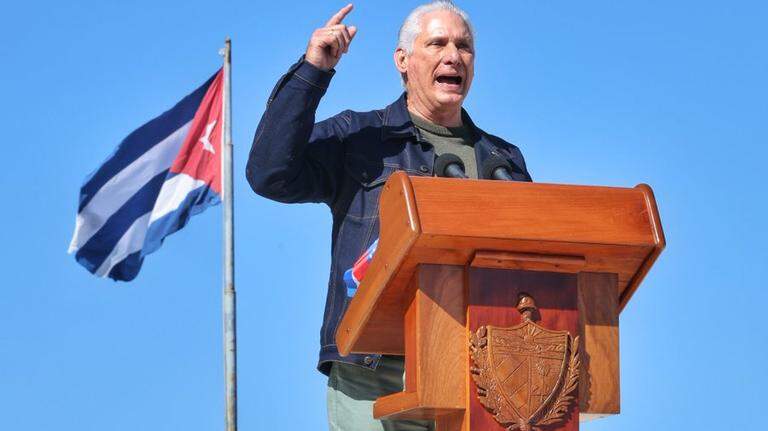
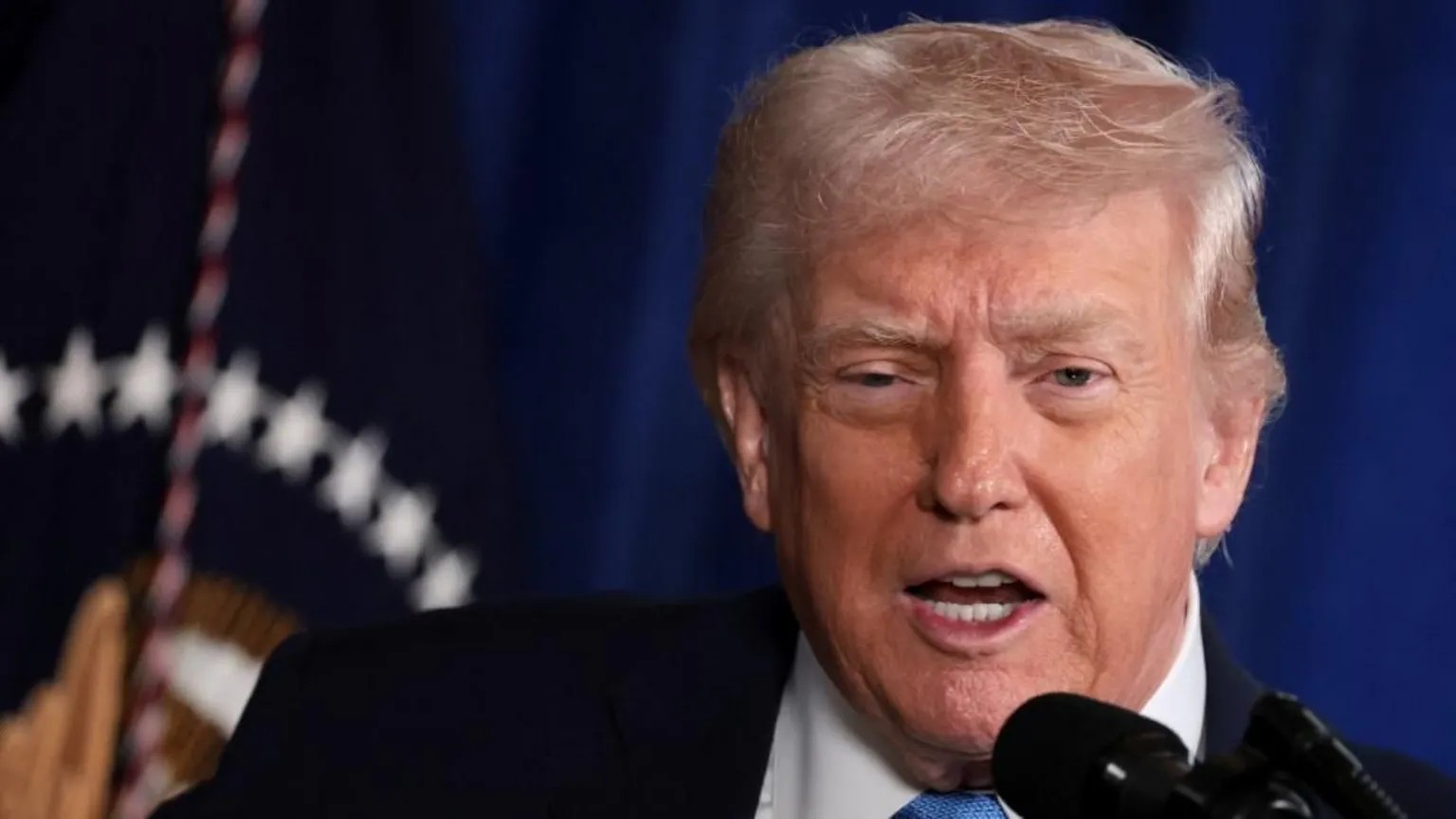
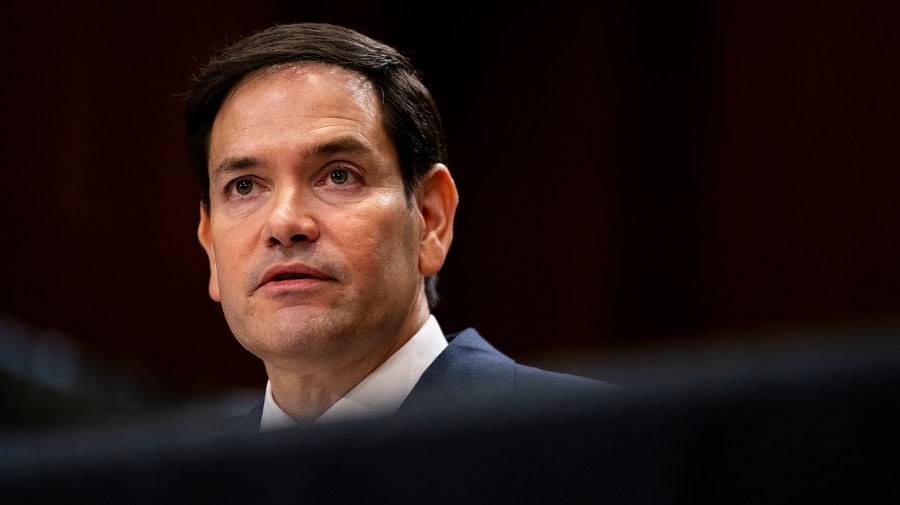
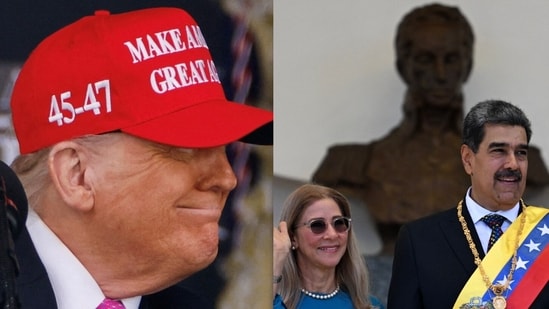

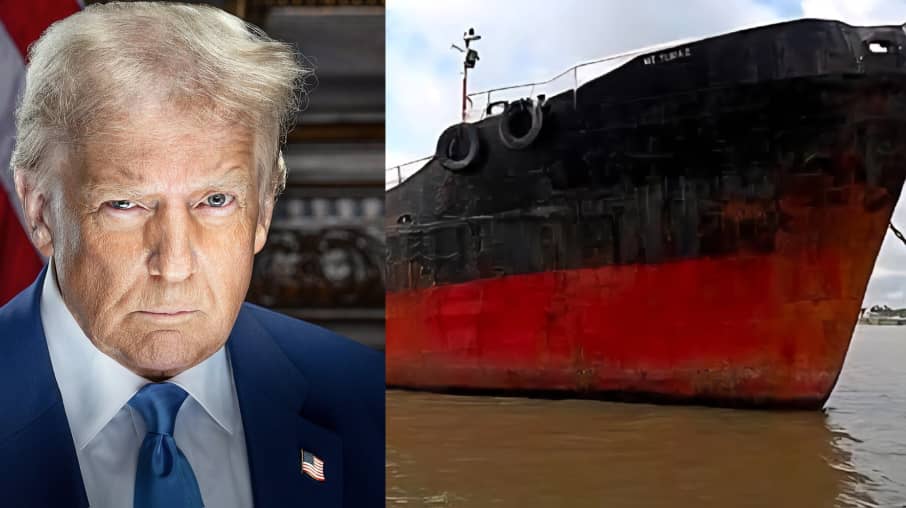

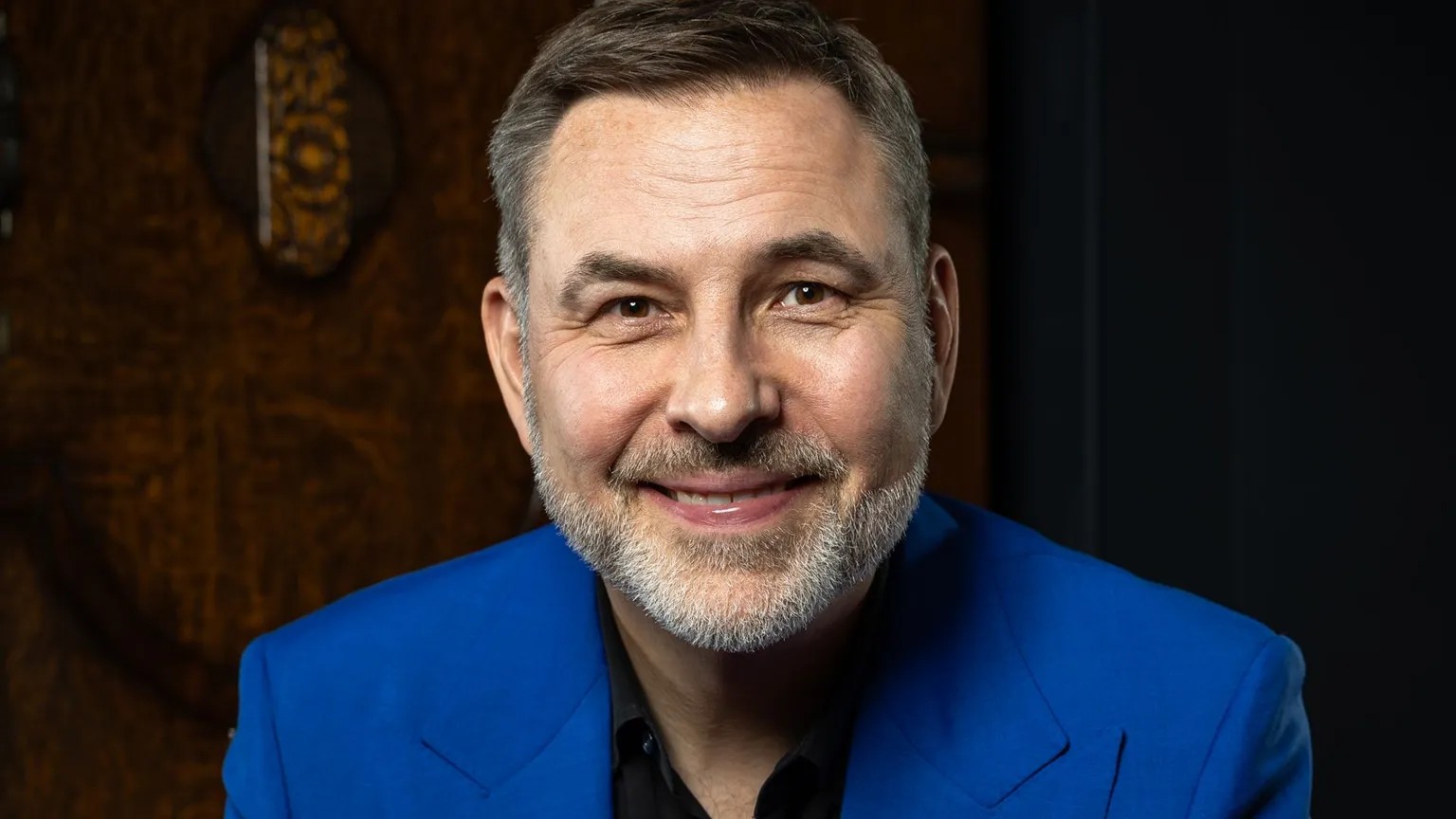

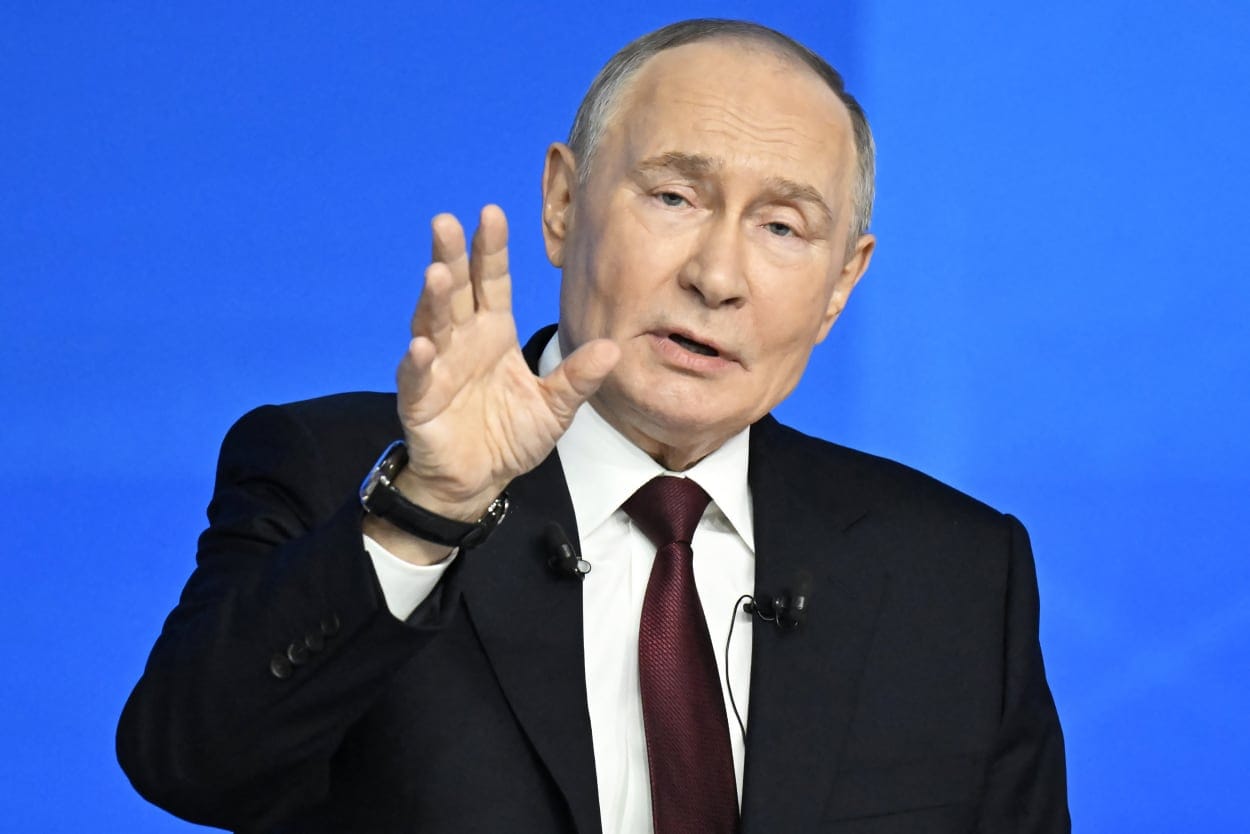

0 Comment(s)